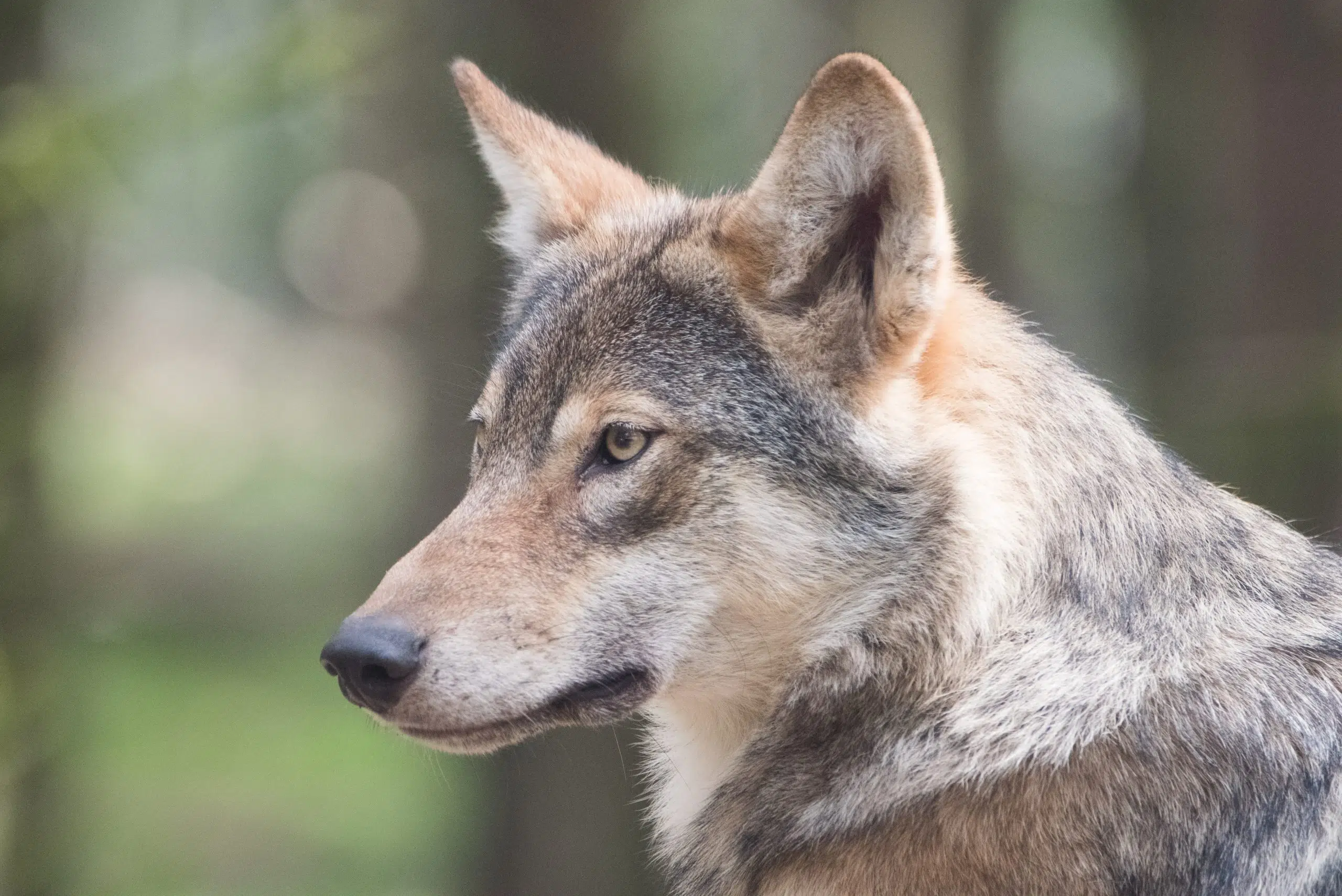Animal protection groups hope to overturn Wisconsin’s controversial law allowing wolf hunts.
A newly filed lawsuit follows months of criticism of key decisions about the program and its effect on the gray wolf population. A handful of groups have argued that the state law is unconstitutional because it limits the impact of population estimates.
After the gray wolf was delisted from the federal Endangered Species Act, hunters far exceeded a quota in a special hunt in February. There also is concern that the established quota of 300 for a wolf hunt this November is too high.
Melissa Smith, executive director of the group Friends of the Wisconsin Wolf and Wildlife, said it’s proof the state statute is aggressive. “Wolves don’t know state borders. They don’t know if they’re in Michigan or in Minnesota or in Illinois,” she said. “But if they cross in here, they’re in a really deadly place.” She noted that many other states aren’t scheduling wolf hunts, even with federal protections removed.
The Department of Natural Resources, named in the suit, declined to comment on the case.
Agency biologists recommended a smaller quota this fall, but the Natural Resources Board still approved a higher total. Wisconsin law requires an annual hunt when federal wolf protections aren’t in place. Plaintiffs said the Resources Board ignored the science, and call attention to a panel member still being allowed to cast votes, even though their term expired in May.
Michelle Lute, national carnivore conservation manager of the group Project Coyote, said the current system in Wisconsin is broken. “There are problems with DNR’s population modeling,” she said, “the February hunt interrupted their winter count of the population, and by the DNR’s own admission, the level of uncertainty in their understanding means we must proceed cautiously.”
Conservation groups contend the wolf population is still too fragile to resume activity. Smith said they’ve exhausted other avenues available to the public to pause the hunts, but were eventually left with no other option. “We deserve a voice,” she said, “and this is the best way we could find to have that voice.”
In addition to some big-game hunters backing the program, farmers have argued that wolves prey on their livestock.
The state-level lawsuit is not connected to national efforts to reinstate federal protections.












